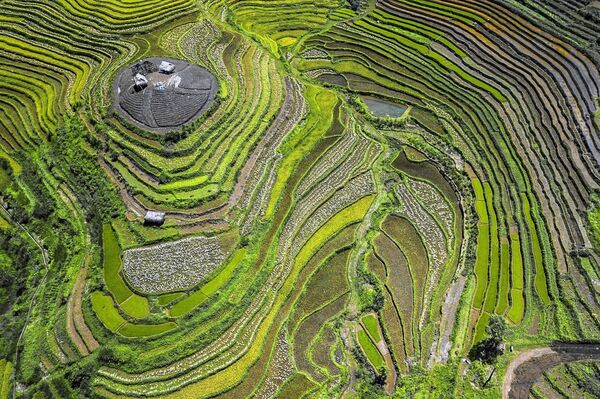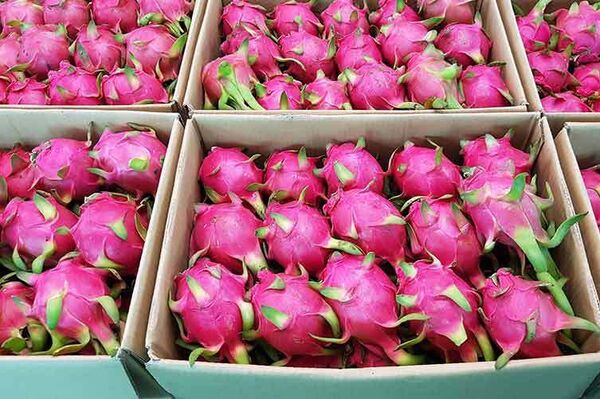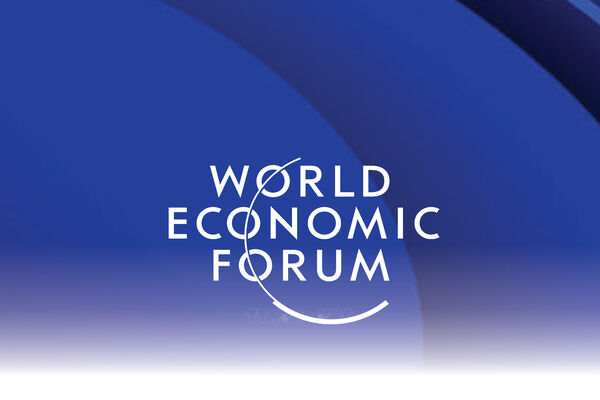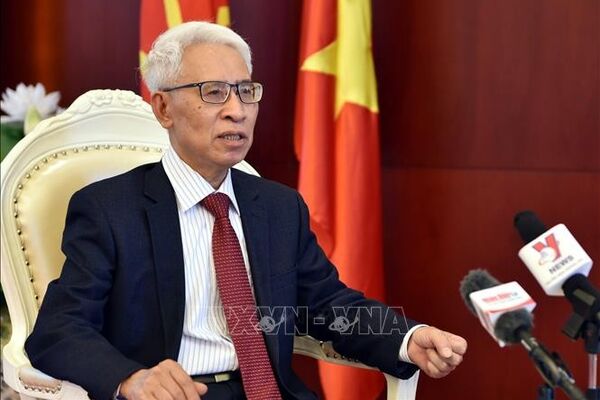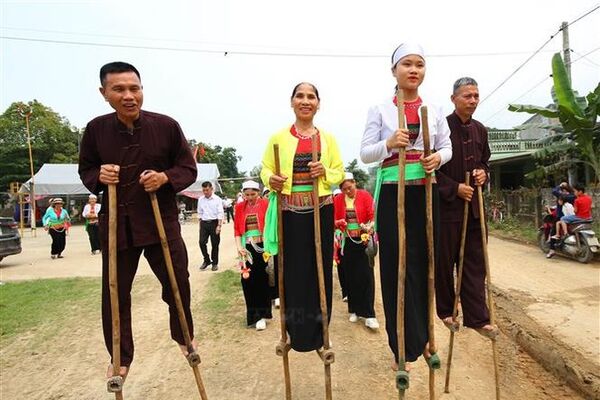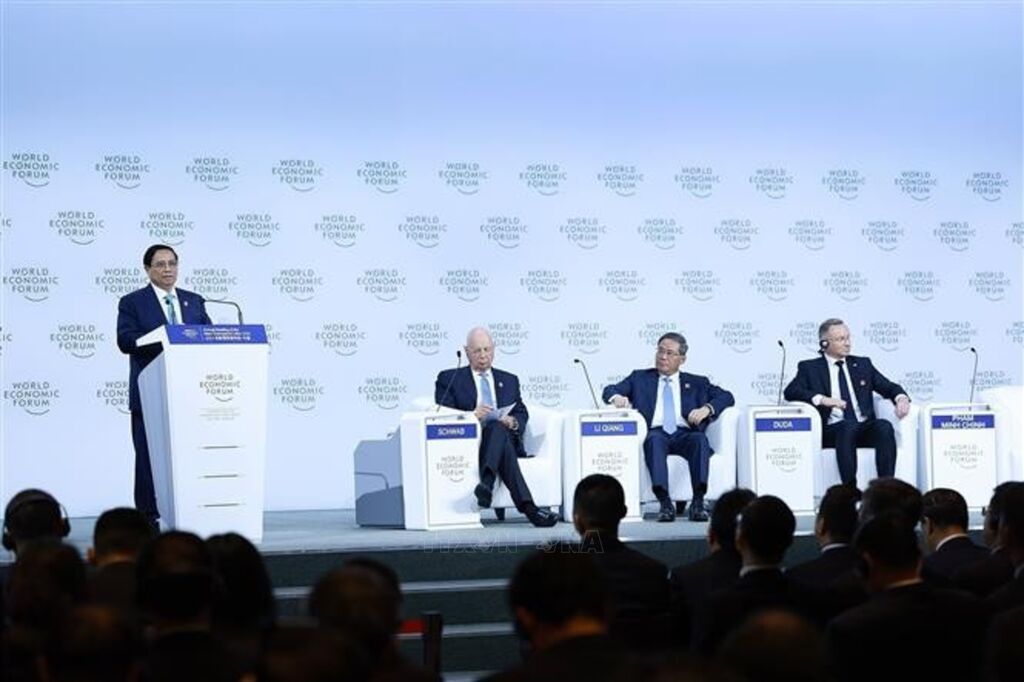 |
| PM Pham Minh Chinh speaks at the plenary session of the 15th Annual Meeting of the New Champions of the World Economic Forum (WEF) in Dalian, China, on June 25. (Photo: VNA) |
Dalian (VNA) – Vietnamese Prime Minister Pham Minh Chinh on June 25 morning attended and delivered his remarks at the plenary session of the 15th Annual Meeting of the New Champions of the World Economic Forum (WEF) in Dalian, China.
The following is the PM’s full remarks:
Excellency Premier Li Qiang of the State Council of the People's Republic of China,
Professor Klaus Schwab, Chairman of the World Economic Forum, co-chairs of the conference,
Excellency President Andrzej Sebastian Duda of the Republic of Poland,
Excellencies Leaders of countries and international organisations,
Members of the business community and distinguished guests!
1. It's a privilege to return for the third year the Annual Meeting of the New Champions of the World Economic Forum, held in the vibrant, picturesque, and welcoming port city of Dalian. My heartfelt gratitude goes to Chinese Premier Li Qiang and Professor Klaus Schwab for the kind invitation to me and the high-level delegation of Vietnam.
The tittle “Next Frontiers for Growth” and the six themes of this year’s conference reflects the strategic, responsible vision of the WEF and the important role of China on the future development of the world.
We believe that the future of the globe hinges on three primary factors and is shaped and propelled by three key areas.
- The three impactful factors include: (1) The rapid advancement of science and technology, innovation, particularly in digitalization and artificial intelligence (AI); (2) The profound impacts of climate change, natural disasters, resource depletion, and aging population; (3) The growing fragmentation and polarization fuelled by conflicts, wars, and global-scale geostrategic, geopolitical, and geoeconomic competitions.
- The three trailblazing areas include: 1) Development of digital economy; (2) Development of green economy and circular economy; (3) Development of high-quality human resources and AI and the fourth industrial revolution. The evolution of these transformative areas will usher in the "next frontiers for growth" with profound and far-reaching impacts on every person and sector all over the world. This calls for the adoption of a new mindset and approach, which should be people-centered, comprehensive and result-oriented with a global perspective, delivering overall benefits to all, both in the immediate and long term.
Excellencies,
Ladies and gentlemen,
2. The world today is in peace at large, but local wars persist; overall rapprochement is marred by regional tensions; predominant stability is occasionally disrupted by local conflicts. The global economy is marked by intertwined opportunities, risks and challenges. This can be outlined in five prominent features:
- The global economy is undergoing an unprecedented, extensive and all-round transformation driven by the rapid advancement of science and technology, innovation, the Fourth Industrial Revolution.
- Sustainable development, inclusivity, and green growth have become more urgent than ever for all countries and the globe.
- The trend of polarized globalization unfolds opportunities for economic cooperation and integration, while also contains underlying risks of disrupted supply and production chains, fierce competition.
- Developing countries' roles and voices are increasingly recognized, contributing actively and positively to shaping new global cooperation frameworks and development trends.
- Asia, particularly China, and ASEAN, are emerging as key drivers, dynamic development hubs, and engines of global economic growth.
Excellencies,
Ladies and gentlemen,
3. To embark on the "Next Frontiers for Growth," let us unite to foster trust, promote dialogue, bolster the spirit of solidarity, unity, cooperation, and development. We must effectively address regional and global issues based on principles of laws and ensure the harmonious interests of all parties involved, not politicalizing and discriminating global science, technology, and innovation.
Vietnam suggests that the WEF, its partners, and the business community enhance their roles in offering guidance, providing support, and advocating public-private partnerships while also taking the lead in guiding the development. Developed countries need to support, assist and collaborate with poor, developing countries, especially in the following areas:
1. Strengthen and refine institutions of market economy, especially in mobilising and efficiently utilising all resources, and enhancing the effectiveness of national governance.
2. Provide support and assistance in resources for the development of strategic infrastructure systems, with a focus on transportation, digital infrastructure, and climate change adaptation, and social, healthcare and education infrastructure.
3. Transfer advanced technologies and support for the training and development of human capital, particularly in high-quality human resources.
Especially, Vietnam suggests that international cooperation in making, planning and implementing policies at the global level be enhanced. We also need to strengthen cooperation for growth, coordinate more closely in management of dynamic, proactive, flexible, timely and effective monetary policy combined with the cautiously open fiscal policy, with public investment leading the private investment. Trade and investment liberalization should also be bolstered to stimulate short term total demand while also impacting positively the total supply in the long term.
Ladies and gentlemen,
4. As close neighbours bound by shared mountains and rivers, Vietnam and China are currently working together to build a "Community with a Shared Future." Vietnam is pleased to witness China's strong development and rise amidst difficult and challenging regional and world situation.
China has become the world's second-largest economy, achieving the fastest growth rate globally over the past four decades with significant contributions to global economic growth. According to the report of the World Bank and IMD in April 2024, the share of China’ to global growth in the 2013-2021 period was above 38%. The country’s development strides have created opportunities for the advancement of and inspired many developing countries.
China is among few countries that increasingly takes on a leadership role in addressing regional and global challenges, promoting various cooperation initiatives on security, well-being and development, and occupying a pivotal position in global production and supply chains. It has emerged as a global frontrunner in research and development, science and technology, renewable energy, and information technology.
We are confident that China will continue to play a crucial role in the global economy, particularly in advancing digital, green transformation, circular economy and bolstering international economic integration and cooperation. A strong, self-reliant Chinese economy will have positive impacts on the world as it deepens its global integration.
We strongly encourage China's continued commitment to working with the international community to vigorously champion multilateralism, bolster international solidarity and cooperation, and safeguard a peaceful, stable, and cooperative environment for prosperous development in the region and the entire world. Our beloved President Ho Chi Minh, national liberation hero a world man of culture said 65 years ago on the 10th anniversary of China’s National Day: “Congratulate China, Thank China and Learn from China.” The success of China’s reform and openness in the past 50 years and the role and position of China testifies to the relevance of that statement in the current context.
Excellencies,
Ladies and gentlemen,
4. Vietnam’s success over the past nearly four decades is attributed to the key terms: Reform, Innovation and Integration. These endeavours have yielded profound and historic achievements. Vietnam has undergone a remarkable transformation, emerging from a position of a 30-year war-torn, embargoed country to a dynamic middle-income nation. Today, we proudly stand among the world's top 40 economies and rank as one of the top 20 trade and investment partners globally. With 16 free trade agreements (FTAs), and diplomatic relations with 193 countries, Vietnam's economy surged to 430 billion USD in 2023, with GDP per capita reaching 4,300 USD and foreign investments registering a record 36.6 billion USD. In 2024, the first quarter saw a growth of 5.66%, with the second quarter expected to surpass this and maintain a more positive trend in the latter half of the year. Vietnam is lauded as a model for healing the wounds of war. We have shelved the past, respected differences, looked to the future to forge friendships from former adversaries. All United Nations Millennium Development Goals were achieved.
These achievements underscore the effectiveness of Vietnam’s development strategies and policies, which are grounded in three key pillars: (1) Building a socialist-oriented democracy; (2) Building a socialist rule of law state; (3) Developing a socialist-oriented market economy. Throughout this process, the unwavering principle is to maintain political stability, with people at the centre - as both subjects and the ultimate goal - serving as the driving force and the most valuable resource for development, ensuring that social progress, social security, justice, and environmental sustainability are prioritised alongside economic growth.
Building upon these foundations, Vietnam steadfastly implements six core policies: (1) A foreign policy of independence, self-reliance, multilateralisation and diversification of international relations, being a friend, a reliable partner and a responsible member of the international community for the sake of peace, cooperation and development in the region and the world; (2) Building an all-people national defence position, people’s security and implementing a defence policy defined by "Four Nos"; (3) Economic development embraced as a central task; building an independent and self-reliant economy through proactive, and effective international integration; (4) Ensuring social progress, equality, social security with no one left behind, and improving the living standards of the people; (5) Promoting an advanced culture infused with national identity- "culture lights the way for the nation"; (6) Establishing a transparent, robust political system, coupled with the vigorous fight against corruption, negative phenomena, and wastefulness.
Besides, Vietnam is stepping up the implementation of three strategic breakthroughs (improving institutions, developing infrastructure and training human resources) based on science, technology and innovation.
Regionally, Vietnam has been playing a key role in actively contributing to an ASEAN Community, which is strong, united, cooperative with unity in diversity. Vietnam, alongside ASEAN, will deepen collaboration with China, the World Economic Forum, and other partners to champion new drivers of growth. Simultaneously, we will make every effort to maintain and strengthen an environment of peace, stability, cooperation and development in the region and the world.
Excellencies,
Ladies and gentlemen,
6. There is a Chinese proverb that says, "A single tree does not make a forest." We have the thought of President Ho Chi Minh: “Unity, unity, great unity. Success, success, great success.” Let us uphold the spirit of solidarity, cooperation, resolve, and responsibility and remain perseverant and resilient. Every nation, enterprise, and individual should unite in pursuit of the next frontiers for growth, prosperous development of the world, and a happier and better life for all people.
May wish the Forum a great success!
